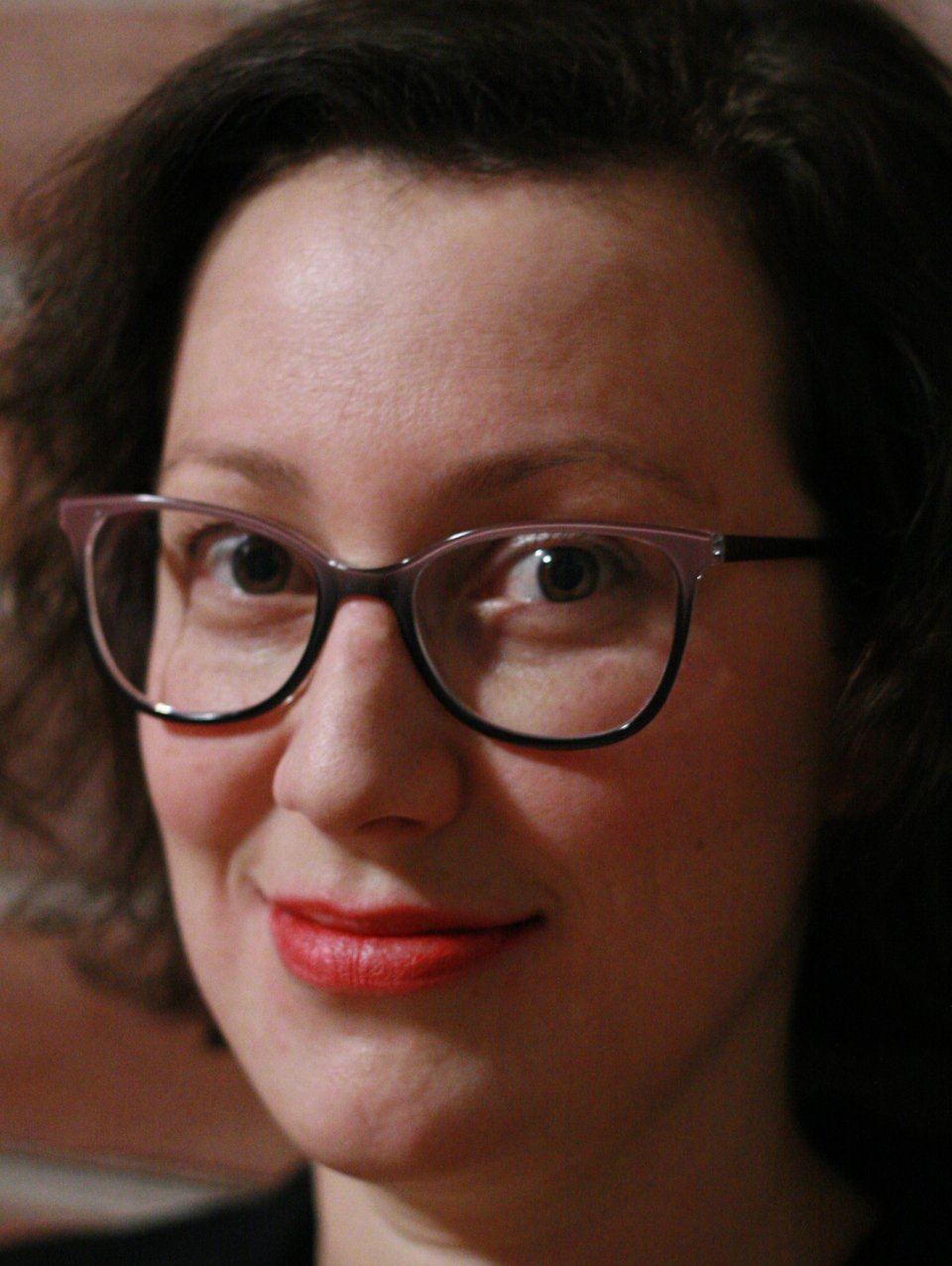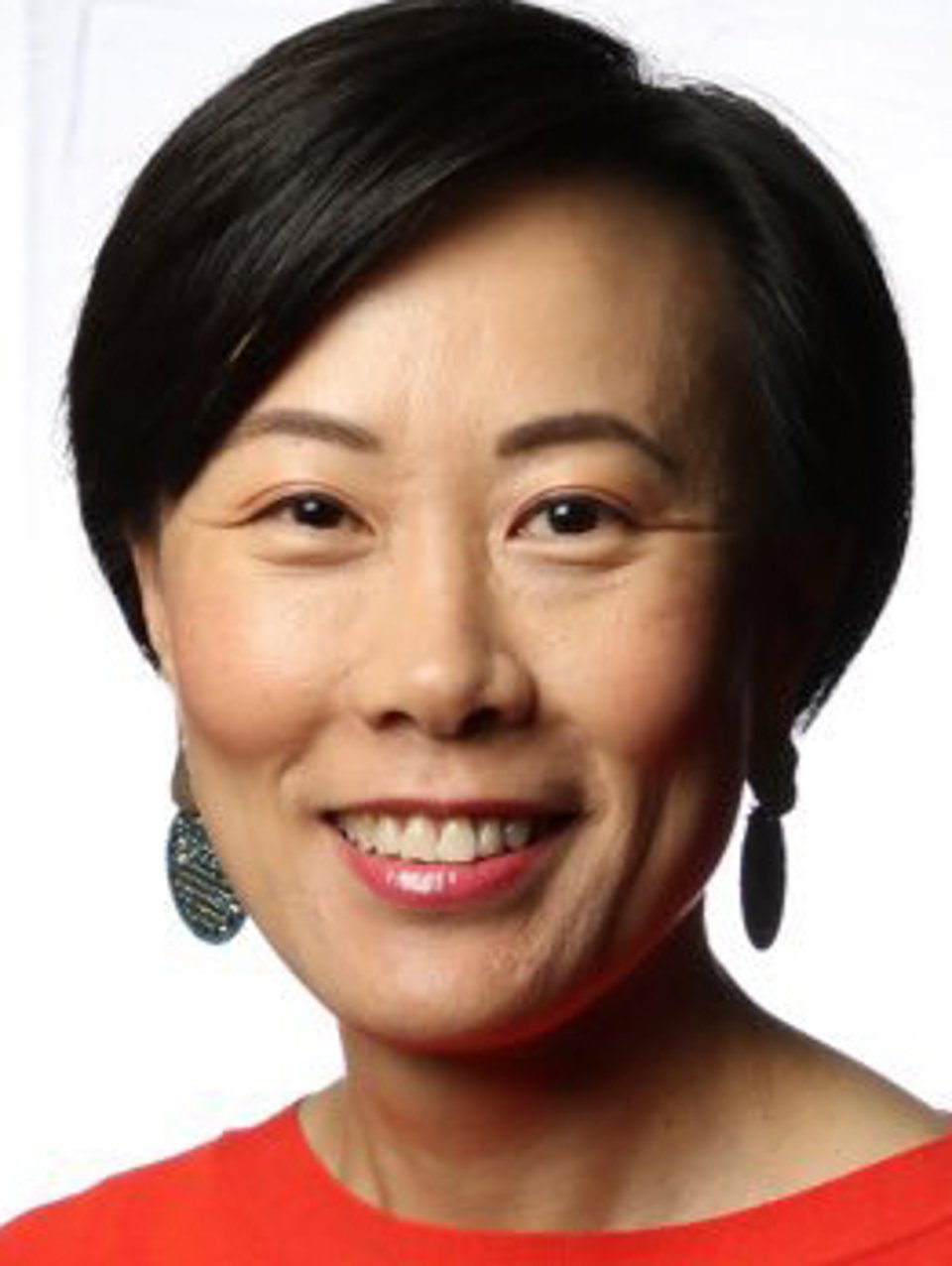#NoMoreManels and the ‘Med Ed Pledge’
In 2022, an organization known as the European Endometriosis League caused a stir with a post about a lecture series featuring seven male doctors and zero women. Female patients and physicians alike criticized the poor optics of an all-male panel (colloquially known as a “manel”) presenting on a women’s health topic in a medical speciality dominated by women. International advocacy group Women in Global Health tweeted in outrage: “We will say it again: nothing about us without us!”
The phenomenon of manels—broadly speaking a panel of experts at a conference or educational event composed mainly or entirely of men—is one that has received growing attention in the past several years. Critics point to a lack of diverse perspectives as well as the limiting of opportunities for female experts to develop their careers and reputations as speakers. And while conference organizers often claim they’re unable to find qualified women to speak on a given topic, this problem is self-perpetuating: experts with better-known names and lots of speaker experience are more likely to get conference invites, and this further develops the perception that they are the only ones suited to present on a topic. Commonly, networks of influence spring up, with male experts recommending close colleagues or friends to conference organizers; this can turn into a professional boy’s club that less-connected women have a hard time breaking into.
Read: Video: Parenting as an MD
Manels aren’t rare in medicine, so while the European Endometriosis League created an instant classic of the genre with their 2022 lecture series, it’s an issue that women in the profession are very familiar with. Long considered a reflection of the gender disparity in medical leadership (as even in a field like gynecology, men still make up the large majority of senior roles), there is growing recognition of why manels are problematic. In 2019, then-director of the National Institutes of Health in the U.S. pledged he would only speak at events “where scientists of all backgrounds are evaluated fairly for speaking opportunities.” Physician groups in multiple countries have created directories of female medical experts to help conference organizers extend speaking opportunities more equitably and create events that better represent the profession.
In Canada, advocacy to end manels (and their close cousin the all-white panel) prompted Dr. Alice Cheng, an endocrinologist and associate professor at the University of Toronto, to create the Med Ed Pledge in 2021. As she recounts in an email, the pledge was “born out of a desire to improve diversity and inclusion in continuing medical education in a positive and empowering way for everyone involved . . . attendees, organizers, speakers, sponsors, (and) accreditors.” The pledge is personal promise to prioritize diversity in medical education events and is not in any way policed. By design all signatories on the website for the pledge (512 so far) are not visible to Dr. Cheng or anyone else, since signing is “meant to be a commitment to oneself” rather than a public statement.
In the three years since the Med Ed Pledge was launched, Dr. Cheng reports the reception has been quite positive as well as productive. Conference organizers have cited the pledge as a guide to designing event programming and it’s also prompted many valuable conversations with sponsors of continuing medical education. Notably, the College of Family Physicians of Canada updated their standards for professional development to include strong encouragement for speaker diversity, which had not previously been emphasized as a priority.
Inspired by her work on the Med Ed Pledge, and in response to conference organizers who have trouble looking beyond their usual roster of speakers, Dr. Cheng co-founded Continuing Medical Education Experts (CMEX), a searchable online directory of diverse healthcare experts interested in contributing to high quality medical education. CMEX has profiles for over 160 speakers so far and is continually adding to its database. Dr. Cheng encourages potential speakers on health care topics to sign up on CMEX and create a profile, “as the best way to improve diversity and inclusion is to grow and promote the pool of talent we have in Canada!”
While organizations like the European Endometriosis League seem slow to respond to the call for diversity in continuing medical education (their social media shows their programming still tends towards manels and their board has only one woman), we can certainly commit to doing better here in Canada. With the Med Ed Pledge to guide us and the CMEX database as a resource to help build more diverse and representative conferences, we can meet the challenge of improving equity in Canadian medicine. The days of the manel could soon be over, and we all stand to benefit from a more inclusive profession.
Dr. Michelle Cohen is a family doctor in Brighton, Ont.


